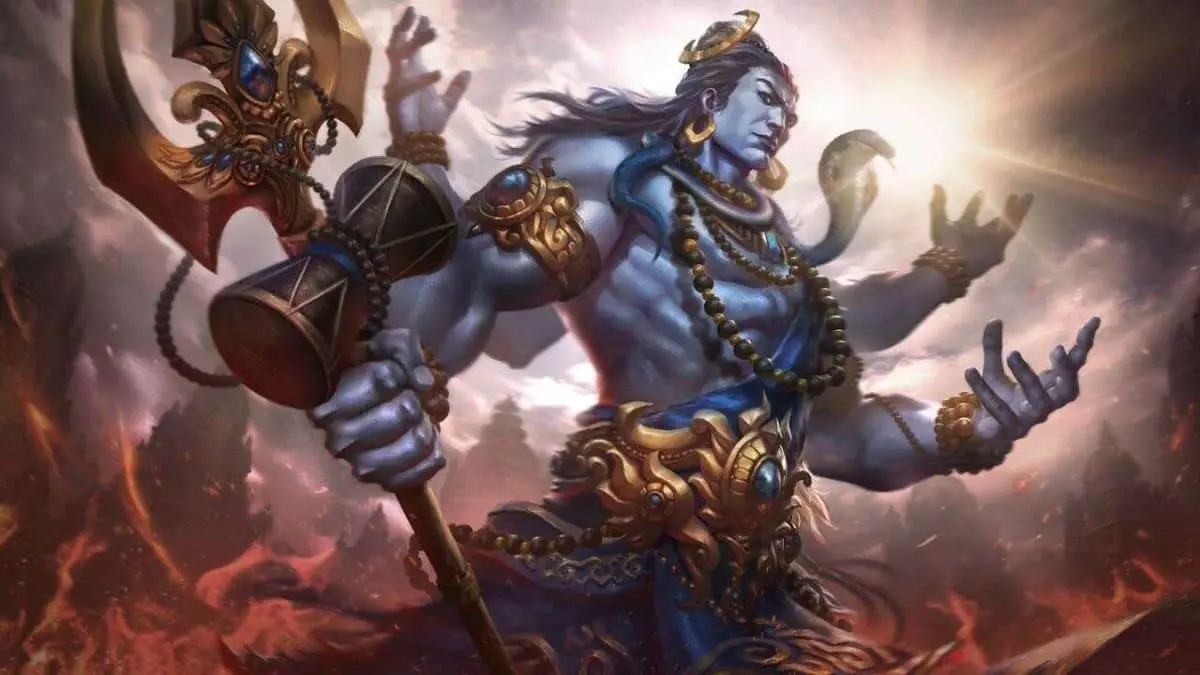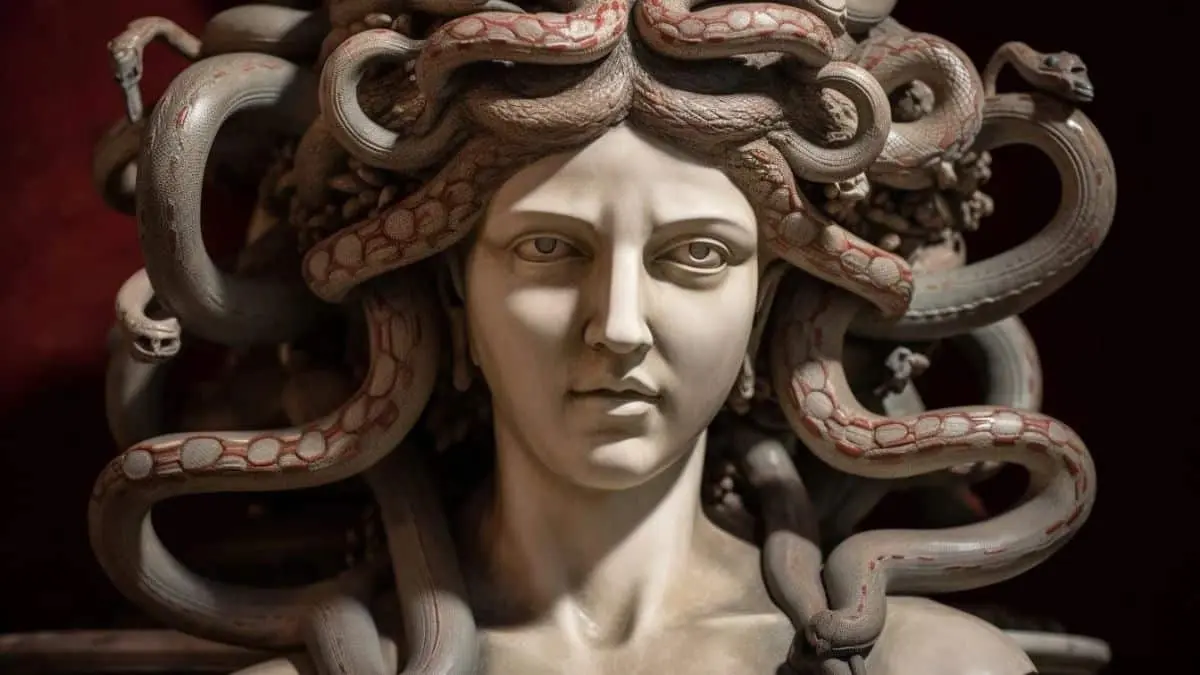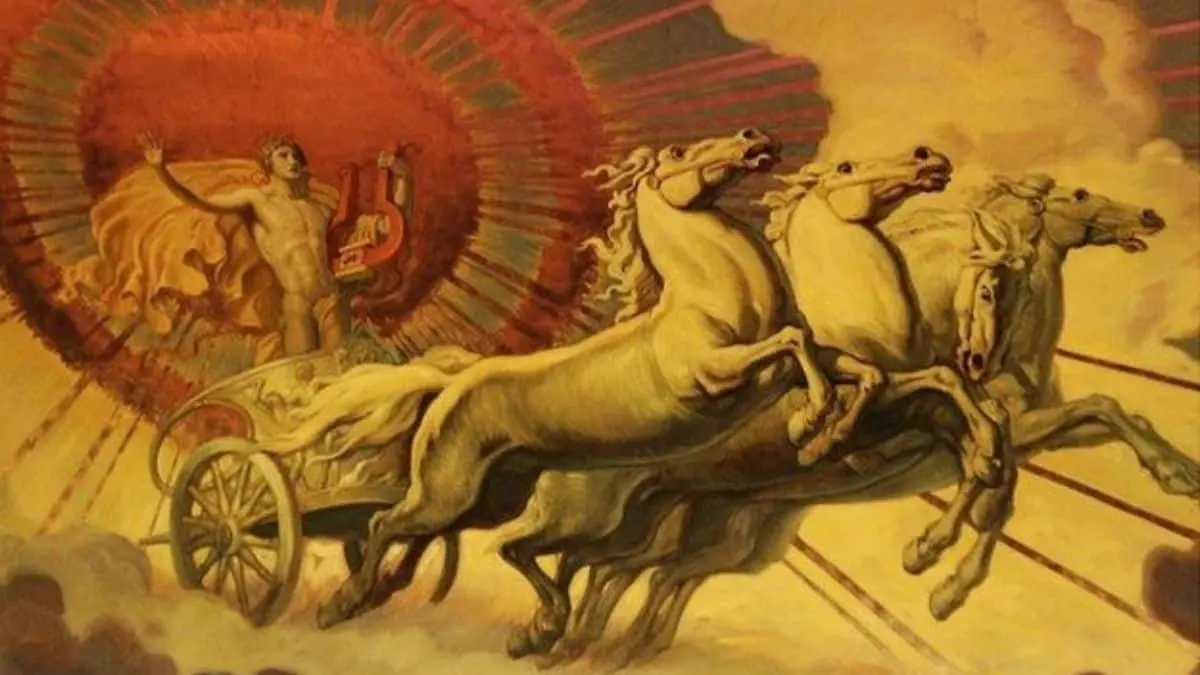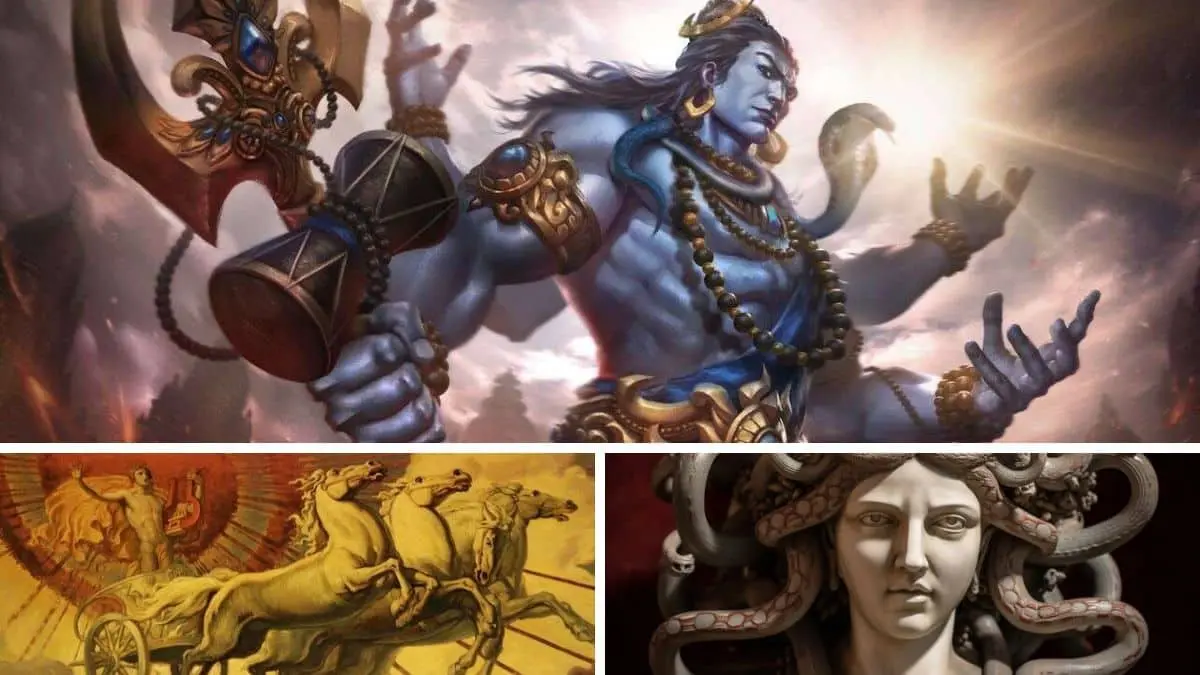Mythology, the collection of myths from a particular culture or religion, has captivated humanity for millennia. These ancient narratives, filled with gods, heroes, and supernatural events, have been a cornerstone of cultural identity and understanding across civilizations. But What Purpose does Mythology Serve? Why was mythology created? Why is mythology important, and why does mythology matter today? This comprehensive exploration will delve into these questions, examining the multifaceted roles that it plays in our lives.
What is the Purpose of a Myth?
At its core, mythology serves to explain the inexplicable. Ancient cultures used myths to make sense of natural phenomena, human behavior, and the mysteries of the universe. Before the advent of scientific reasoning, myths provided answers to questions that were otherwise unanswerable. For instance, the Greeks used the myth of Persephone to explain the changing seasons. According to the myth, Persephone, the daughter of Demeter (the goddess of harvest), was abducted by Hades and taken to the underworld. Her mother’s grief caused the earth to become barren during the months Persephone was gone, thus explaining winter.
Myths also serve a didactic purpose. They convey moral lessons, cultural values, and societal norms. The Stories of gods and heroes often illustrate virtues such as bravery, wisdom, and justice, as well as the consequences of vices like hubris and greed. These narratives have shaped the ethical frameworks of various societies and continue to influence modern storytelling and moral reasoning.
Why Was Mythology Created?

Mythology was created out of a need to understand and navigate the world. In the absence of scientific knowledge and technological advancements, ancient peoples relied on storytelling to make sense of their surroundings and experiences. Myths provided a framework for understanding the cosmos, human nature, and the complexities of life and death.
It also served as a means of cultural preservation. Oral traditions passed down myths from generation to generation, ensuring the continuity of cultural identity and collective memory. These stories encapsulated the beliefs, values, and historical experiences of a people, functioning as a repository of cultural heritage.
Ritual and religious practices also played a significant role in the creation of mythology. Many myths were intertwined with religious ceremonies and were used to explain and justify these rituals. For example, the ancient Egyptians had elaborate myths about the afterlife, which were closely linked to their burial practices and beliefs about immortality.
Why is Mythology Important?
Mythology holds immense importance for several reasons. Firstly, it provides a window into the past. Through myths, we can gain insights into the worldviews, values, and practices of ancient civilizations. This understanding can enrich our appreciation of human history and cultural diversity.
Secondly, it continues to influence contemporary culture. Modern literature, cinema, and art are replete with references to mythological themes and characters. From J.R.R. Tolkien’s Middle-earth to the Marvel Cinematic Universe, mythological motifs are woven into the fabric of modern storytelling. These references serve to connect us with our cultural heritage and provide a sense of continuity with the past.
Myths also plays a crucial role in personal and collective identity formation. it offer archetypal narratives that resonate with universal human experiences, such as the hero’s journey, the struggle between good and evil, and the quest for knowledge. These archetypes can provide individuals with a sense of purpose and direction, as well as a means of understanding their own experiences within a larger, mythic context.
Why Does Mythology Matter?

In the modern world, where scientific advancements have explained many of the mysteries that myths once addressed, one might question the relevance of mythology. However, mythology matters for several profound reasons.
1. Psychological Insights
The work of Carl Jung and Joseph Campbell has highlighted the psychological significance of myths. Jung proposed that myths are expressions of the collective unconscious, containing archetypes that are fundamental to human psychology. Campbell’s concept of the monomyth, or the hero’s journey, illustrates how mythological narratives mirror the psychological processes of growth and self-discovery.
By engaging with myths, individuals can gain insights into their own psyche and the human condition. Mythological stories can provide a framework for understanding personal challenges, aspirations, and transformations. They offer a symbolic language for exploring the deeper layers of the self and the collective human experience.
2. Cultural Understanding
In an increasingly globalized world, understanding the myths of different cultures fosters intercultural awareness and empathy. Myths reveal the underlying values, fears, and aspirations of a culture. By studying and appreciating these stories, we can build bridges of understanding and respect between diverse cultural traditions.
Myths often share common themes and motifs across cultures, highlighting the universality of human experience. For instance, flood myths appear in various cultures, from the Epic of Gilgamesh to the story of Noah’s Ark. These cross-cultural parallels can promote a sense of shared humanity and interconnectedness.
3. Moral and Ethical Reflection
Mythology provides a rich tapestry of moral and ethical reflections. The stories of gods, heroes, and mythical beings often grapple with complex moral dilemmas and ethical questions. These narratives can serve as a source of moral contemplation and guidance.
For example, the Greek myth of King Midas, who wished for everything he touched to turn to gold, explores the consequences of greed and the importance of contentment. Similarly, the myth of Icarus, who flew too close to the sun with his wax wings, warns against the dangers of hubris and overambition.
By reflecting on these stories, individuals and societies can engage in meaningful discussions about values, ethics, and the human condition.
4. Inspiration and Creativity
Mythology is a wellspring of inspiration and creativity. Artists, writers, and creators across disciplines draw upon mythological themes and symbols to craft compelling works of art and literature. The rich imagery and narrative depth of myths provide endless possibilities for creative expression.
In literature, authors like Neil Gaiman and Rick Riordan have reimagined mythological tales for contemporary audiences, bringing ancient stories to life in new and exciting ways. In visual art, mythological subjects have inspired masterpieces from the Renaissance to modern times.
Mythology can inspire individuals to embark on their own heroic journeys. The archetypal patterns found in myths can serve as a guide for personal growth, encouraging individuals to overcome obstacles, seek knowledge, and strive for greatness.
The Enduring Relevance of Mythology

Despite the advancements of science and technology, mythology continues to hold a significant place in human society. Its enduring relevance can be attributed to its multifaceted purposes and the deep, universal truths it conveys.
In a world where facts and data often dominate discourse, mythology reminds us of the power of storytelling and imagination. Myths transcend the limitations of empirical evidence, offering a more holistic and symbolic understanding of the world. They address the emotional, psychological, and spiritual dimensions of human experience that science alone cannot fully capture.
Mythology serves as a repository of collective wisdom. The lessons and insights contained within myths have been honed over centuries of human experience. By engaging with these stories, we tap into a reservoir of knowledge that can inform our decisions, inspire our actions, and shape our worldview.
Conclusion
In conclusion, the purpose of mythology extends far beyond the realms of ancient cultures and religious practices. Myths are timeless narratives that continue to resonate with the human spirit. They provide explanations for the mysteries of life, convey moral and ethical lessons, preserve cultural heritage, and inspire creativity and personal growth. In an ever-changing world, mythology remains a vital and enriching aspect of human existence, reminding us of our shared humanity and the enduring power of stories.
Also Read: Why Mythology Exist?









